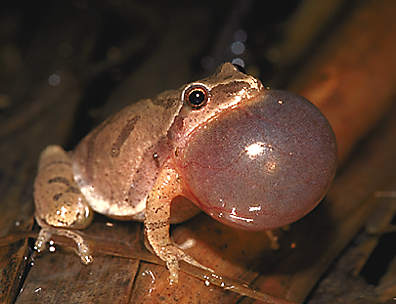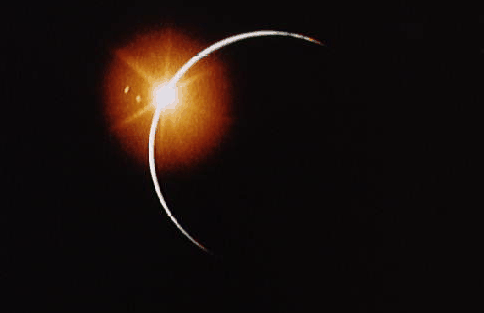
This morning there was fog, soft grey cool fog, defining our world. It is a fact of our lives here, that certain days with certain winds will bring fog into the harbour to envelop our neighbourhood and our own house. Sometimes, especially on bright days in June or July, you can see the fogbank waiting out the harbour, a thin grey strip slightly darker on top lying right across the horizon, and you know that as evening comes it is likely to creep in, soft tendrils moving along the water and sometimes sliding over and around the lighthouse, “on little cat feet”, as Carl S. would say, until we are covered with its cool damp presence, fogged in. That’s what it was like this morning, foggy.
I learned in Elementary Social Studies that we have a Maritime climate, that it is Temperate, the Continental extremes of hot and cold tempered by the presence of the sea, in our case, the cold North Atlantic. This tempering effect leads to weather predictions like ours for tomorrow, High 14 except 6 along the coast. “Along the coast” means places that are farther out the harbour, more exposed to the ocean, but it can also mean us. That is why this post is titled “Slow Burgeoning”, because the speed of spring’s unfolding in the microclimate of Ferguson’s Cove is restrained by that tempering cold Atlantic and its concomitant fog.
The fog briefly lightened and brightened this morning, and a fresh strip of blue showed in the sky, the promise that it would burn off soon enough and give us the clear shining day we were hoping for and help speed up that slow burgeoning of spring.
I first noticed one sign of it happening today when I watched a small sparrow pick up a tuft of dried grass and disappear into the ornamental cedar in front of the house. This bird didn't seem to care about the fog and a few moments later was flying back in with another beakful of nest material, a sure sign of the burgeoning happening around it.
Next to the cedar was the morning star magnolia with its pale grey-green buds that have adorned the bare branches all winter, and at the ends of some of these buds white petals were beginning to push outward, burgeoning slowly into bloom.
The maples that grow like weeds around our house were starting to show the swelling shapes of their red bunched flowers, and the squills where the pine trees used to be were holding up their small blue blossoms against the black earth, also burgeoning.

Late in the day was one more indicator of today’s slow burgeoning, the chorus of Pseudacris crucifer, known to us here as spring peepers, from the pond just up the lane. Their shrill songs (hear them here) let us know that no matter how much the Atlantic fog cools our springtime air, there is a burgeoning, slow or fast, of spring and with it comes the mating urgency of our tiny amphibian friends.
So the grass greens, the daffodil buds begin to nod, the robin pokes its yellow beak into the ground, and another spring burgeons around us, in spite of the foggy mornings.





